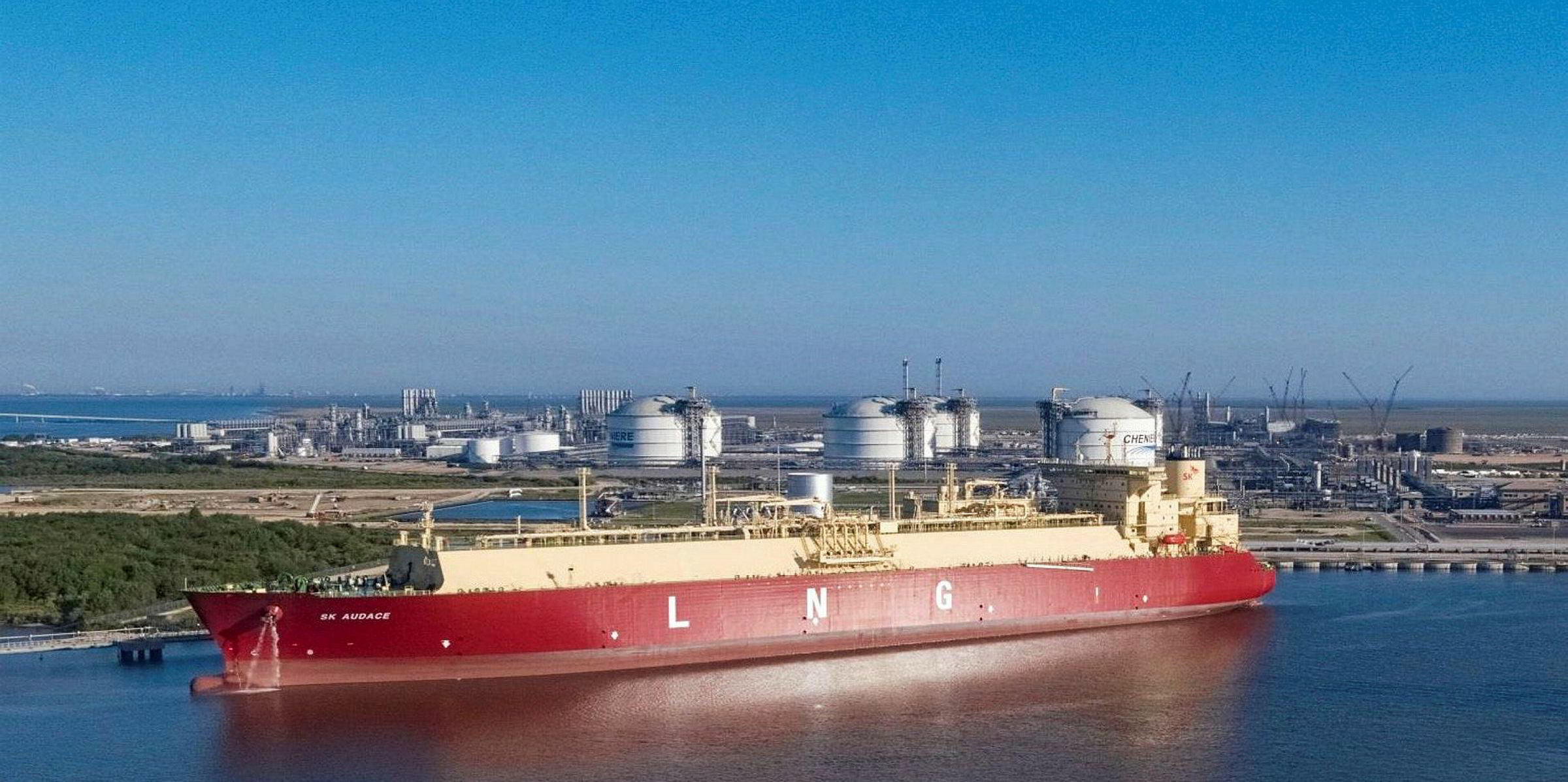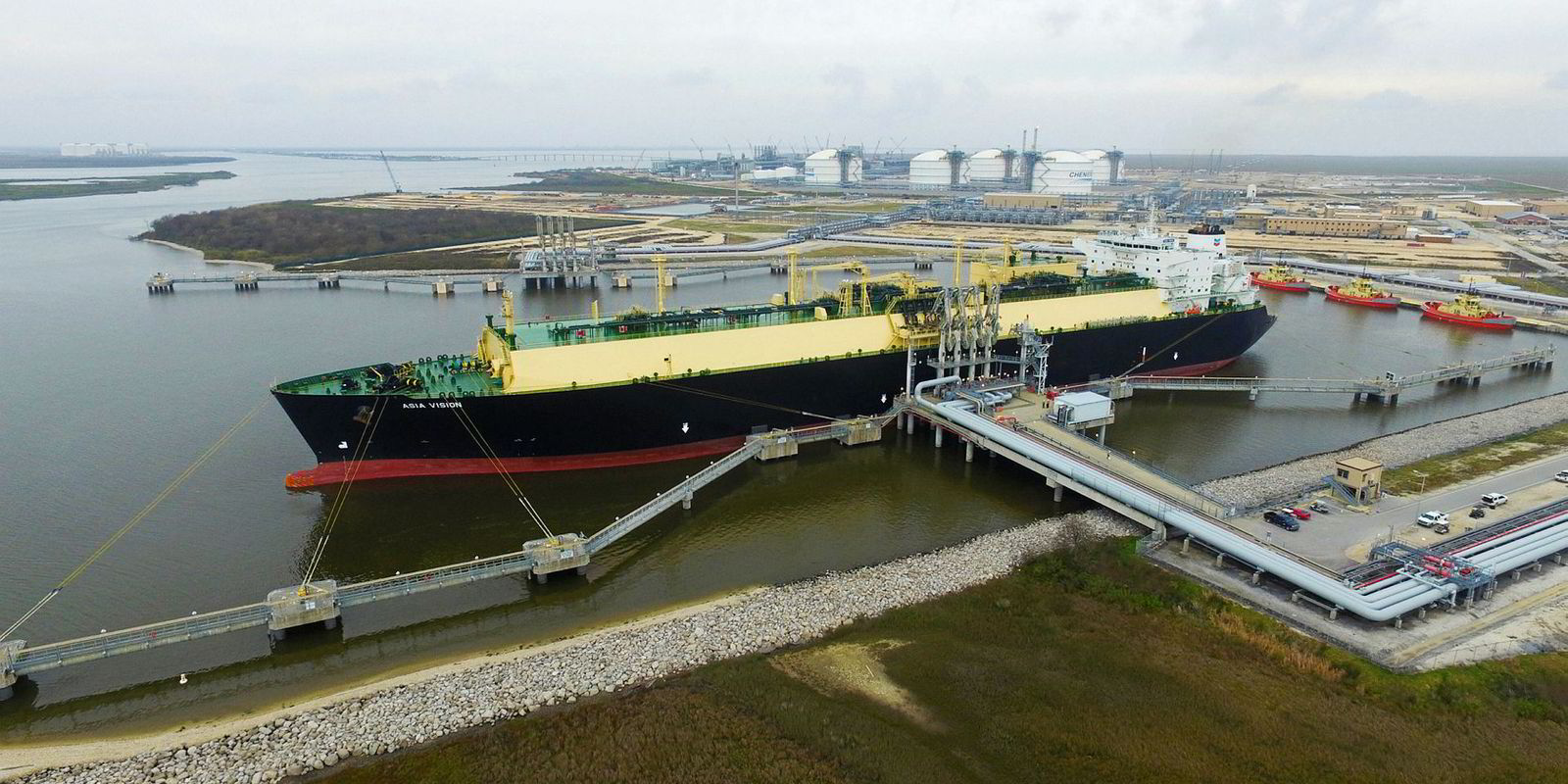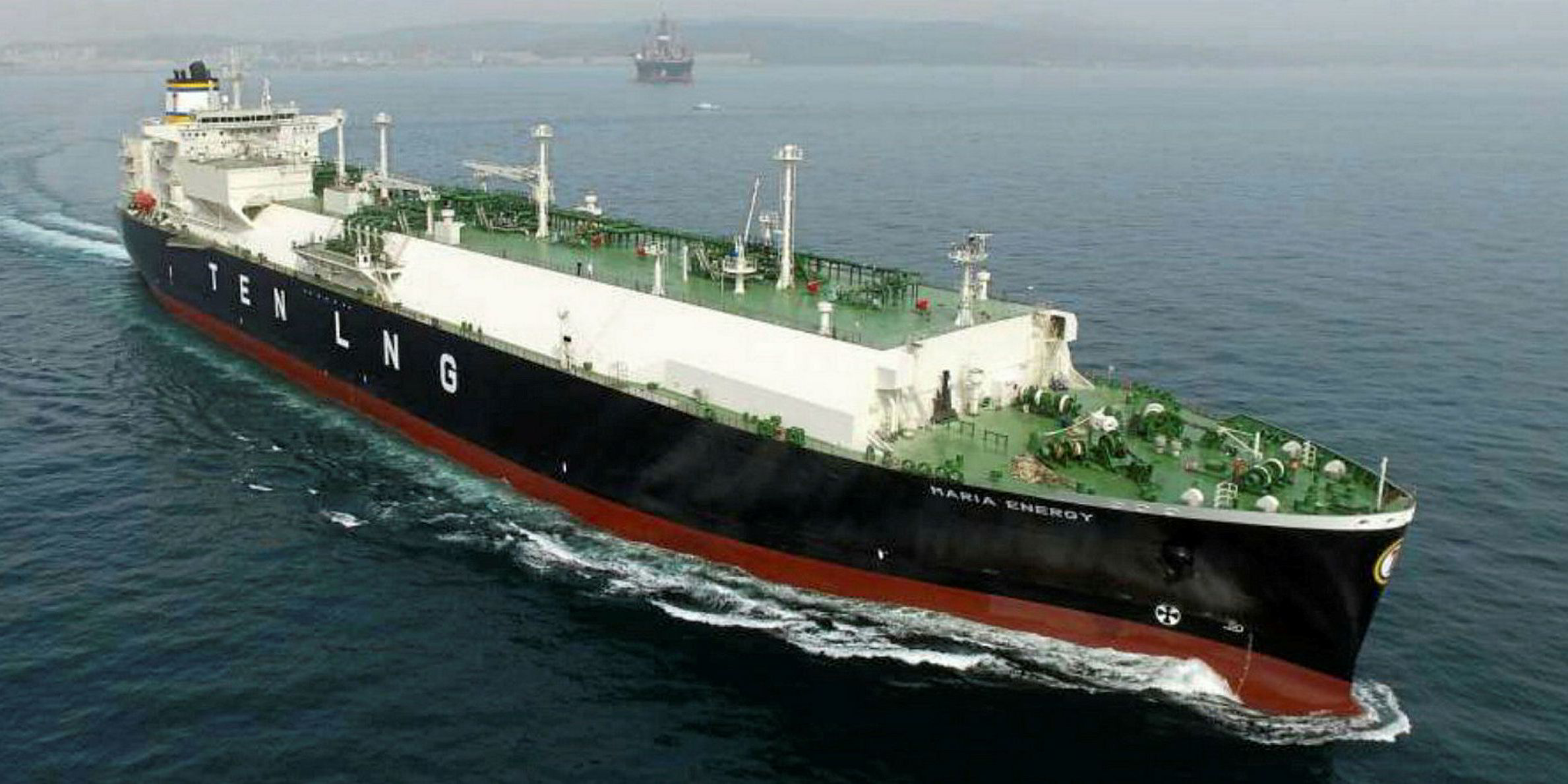US LNG producer Cheniere Energy has taken in 12 newbuildings on mid to long-term charter contracts, as starts to sell its volumes under different contract models.
Eric Bensaude, Cheniere Marketing managing director of commercial operations and asset optimisation, said the first of the newbuildings will be delivered next year, with the rest staggered over a two-year period into 2022.
Speaking to TradeWinds at the CWC World LNG Summit in Rome, he said the charter hire periods vary between five and seven years.
Bensaude named TMS Cardiff Gas, Alpha Gas and GasLog as among the owners that have contracted newbuildings to serve Cheniere’s delivered ex-ship contracts with customers.
The vessels will also be used to ship LNG contracted under the company’s newly branded integrated production marketing (IPM) contracts. These are procurement contracts with US producers based on LNG market indices.
“We need to be able to market the LNG to be able to give the gas supplier the LNG price as a netback. They are technically paying for the liquefaction in the price of the gas and we are doing the shipping for them,” he said.
Bensaude said the first two IPM deals had given the company a small boost to move forward on the newbuildings.
He said Cheniere has had 30 LNG carriers on charter this year. The incoming 12 vessels will give the company half its fleet contracted on long-term contracts, with the balance chartered in from the spot market or on one to two-year deals.
Despite its large chartered fleet, Bensaude said the company feels it does not have the skills to be an LNG shipowner. “We feel as charterer we have good control of the ships we order,” he added.
The chartered fleet is “working very well”, but he said the company has to manage the shape of its production, so it may sometimes be in the market to charter ships out.
Cheniere, which operates the Sabine Pass LNG plant, is covered on LNG shipping, Bensaude said.
But he highlighted its planned final investment decision for a 9.5 million-tonnes-per-annum expansion at its Corpus Christi LNG plant in Texas next year.
He added that if the company sells more LNG, and depending on the contracts under which it inks new sales, it will need more vessels







